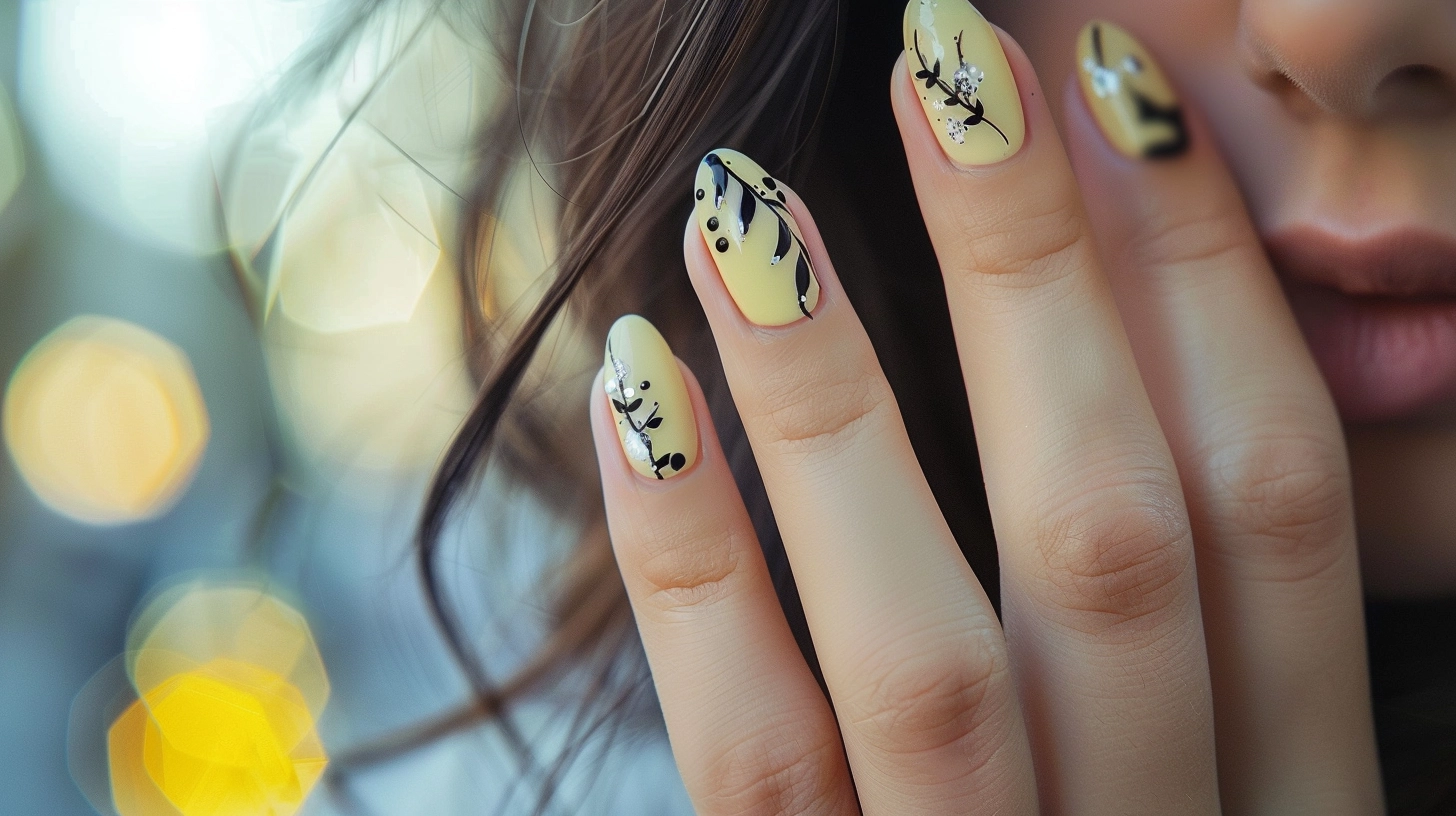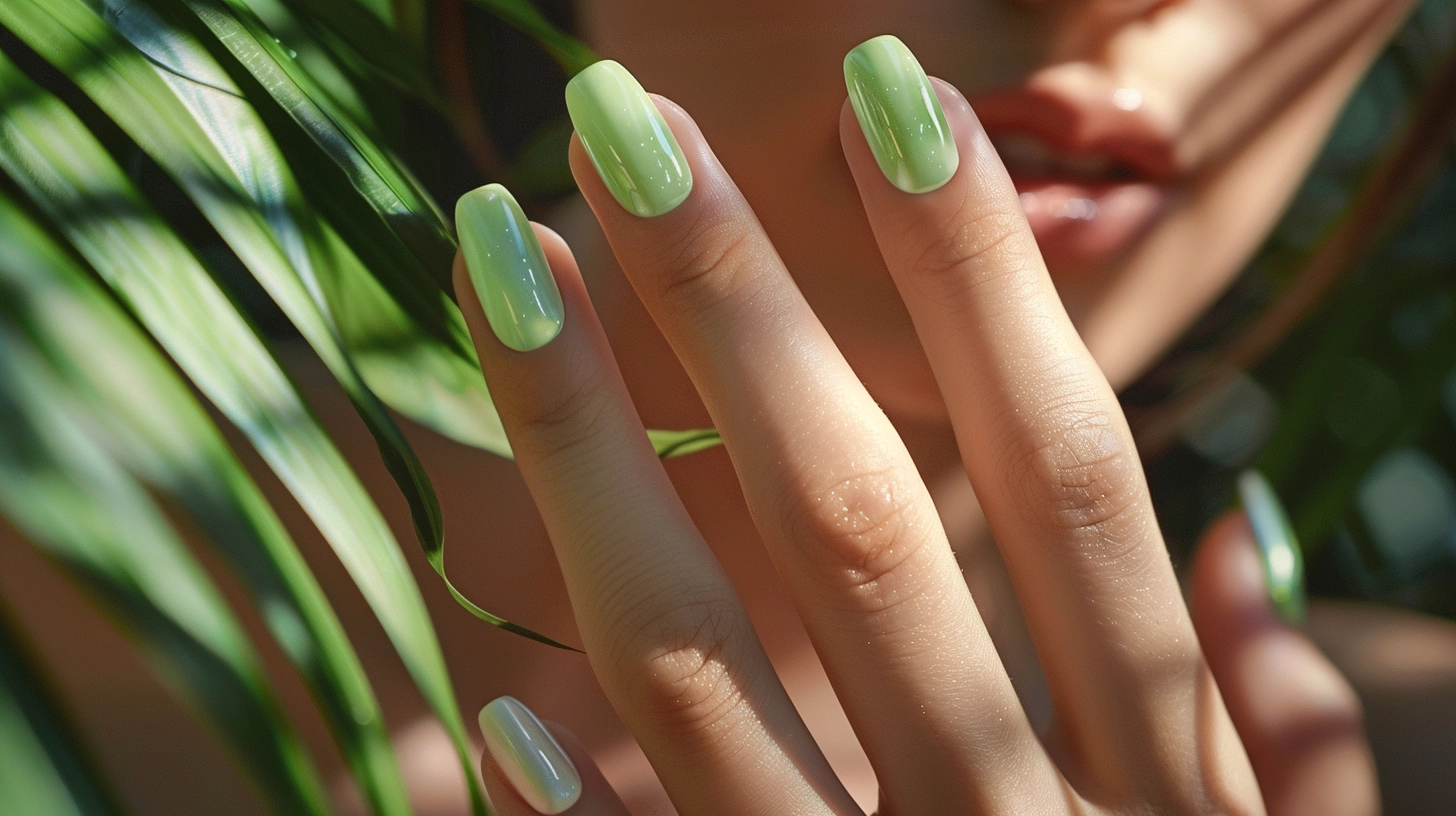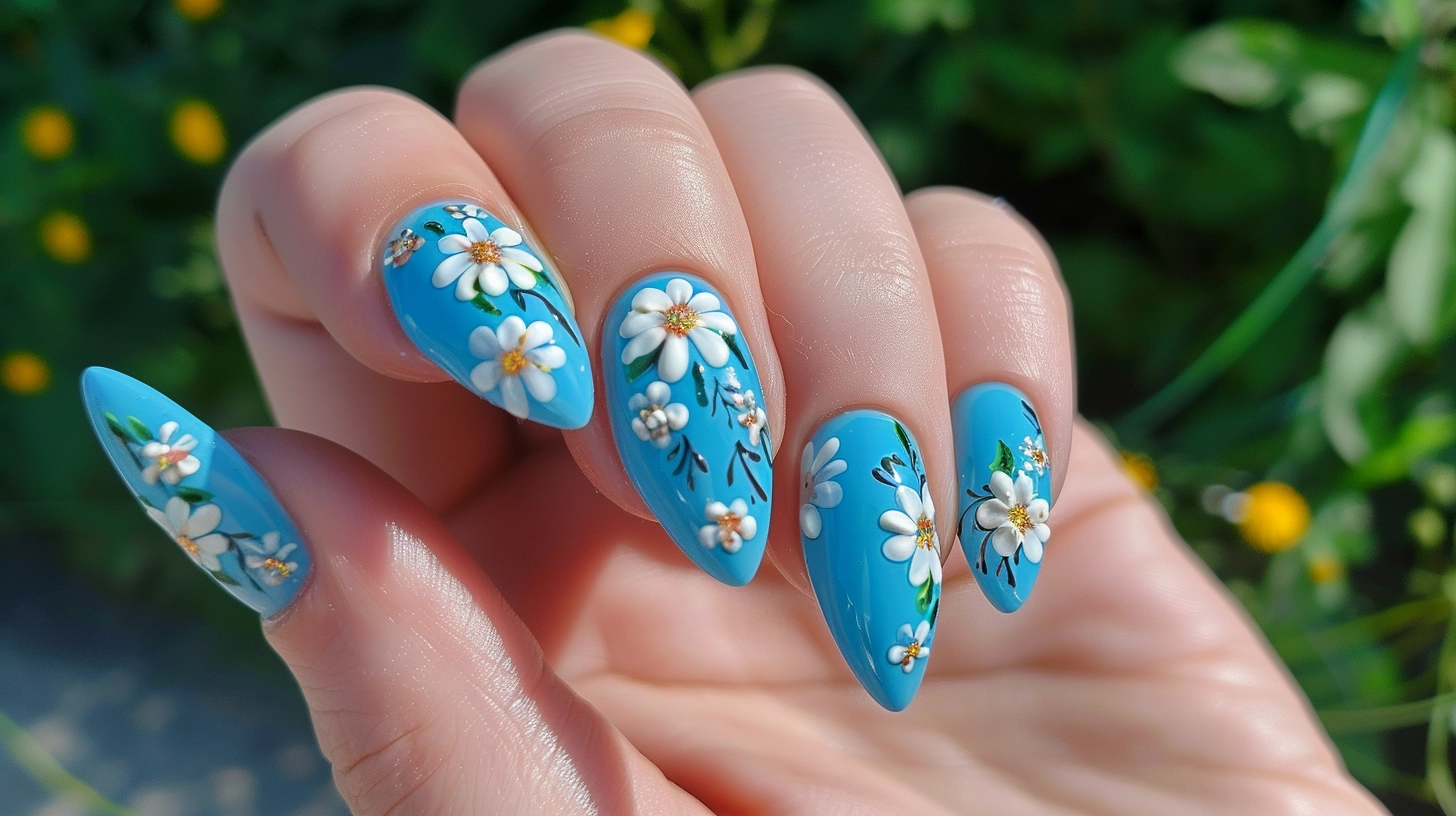Horse racing is a fun sport to watch and spectate. The races also provide wagering opportunities like the ones you get with Preakness odds. The short length of the races makes it very exciting. Horse racing events are good places to meet new people and socialize. Wagers on BetUS also enjoy winning on horse racing events.
However, racing horses are vulnerable and exposed to many health risks compared to jockeys. For example, a leg injury to a human being might be expected and heals over time.
For a horse, a leg injury is a direct ticket to death. It doesn’t heal, leading to infections that cause death. Horse races should be treated in a caring manner, just like we care for other domestic livestock. In this article, we look at some ways to take good care of a racing horse.
Training and Conditioning
Racing horses need adequate conditioning to get in form. The horse owner must delegate this task to a horse trainer, a person who is well qualified and certified by the state.
An authorized horse trainer understands the vital details like the diet plans and supplements that the horse needs. They understand the type of training that the horse should be taken through depending on its level of experience.
The most important task for the horse trainer is to build a trusting relationship with the horse. Only when this happens can the other aspects of intense training begin.
Understanding a racing horse makes it easier to identify the slightest signals of upcoming health issues.
Shelter and Housing
Shelter for a racing horse can be artificial, like a field shelter, or natural such as trees and hedges depending on the environmental factors. The most important thing to note is that you are protecting the horse against too much sunlight, trade winds, and flies.
Very young and old horses need proper housing to protect them against harsh weather conditions like the cold. You are advised to use an authorized handler because they understand all the characteristics of a racing horse shelter.
Grooming
Grooming is a crucial exercise for a racing horse. The main goal of the grooming process is to check the horse’s physical and mental situation and maintain its general health.
The groom’s work is to examine the horse and report all findings to the owner. Their work includes checking for possible injuries and probable supplementation modifications and administering prescriptions.
Cleanliness
Cleaning the horse involves coat care, just cleaning the horse’s skin. It includes brushing, combing, improving luster for dirt removal, hair conditioning, and soothing the coat. It is prudent for a trained groom to maintain the horse’s coat before and after a racing activity.
Horse hooves are also an essential part of cleanliness. The growth duration of the hooves is about six weeks. After every six weeks, the hooves must be trimmed and cleaned to ensure the horse is in excellent condition for training and racing.
Sometimes the horse’s hair grows to the point of blocking its vision. This can lead to under-performance of the horse due to impartial sight.
Trimming the overgrown hair is an essential aspect of cleaning the horse. It also involves maintaining the tail to ensure it is of the appropriate length.
Veterinary Appointments
A certified vet works hand in hand with the groom. A vet understands the diet that’s appropriate for the racing horse. More importantly, a vet understands the kind of medication that the horse needs.
Remember, a groom’s work is to examine the horse for injuries. If the groom finds any minor injury or health-related issue, they inform the vet who treats the horse as per their training.
Another significant role of a vet is to examine the horse to find out the possible use of prohibited substances like drugs. Keeping your racing horse away from any banned drugs and supplements is essential.
A veterinarian has studied the kind of diet suitable for all animals and is better placed to recommend the proper supplementation for the horse. Always work with authorized specialists.
Rest
Racing horses need to rest after exercise. This helps their muscles recover and prevents fatigue. If you subject your horse to too much exercise without enough rest, it may become injured.
Therefore, always make sure they have plenty of time to rest and recover. You may choose to keep them in a paddock or stable as long as they have access to food and water.
Conclusion
Racing horses are exposed to health risks that could potentially end their lives. The owner needs to make sure that the horse’s health comes first before thinking about winning a race.
In delegating the duties essential to keeping the racing horse healthy, always deal with authorized specialists; trainers, grooms, veterinarians, and caregivers. If you wager on horses, BetUS ensures the picks are from the horses with good care to improve your chances of winning.







